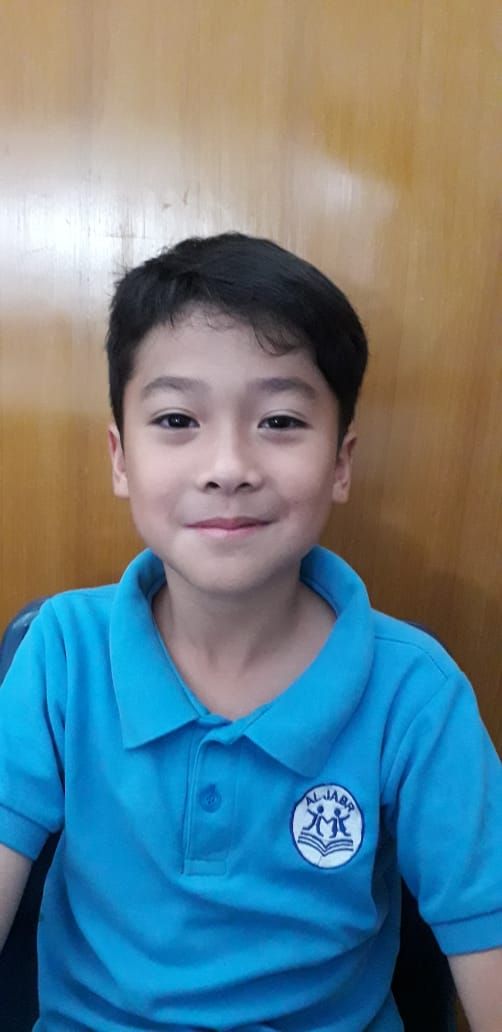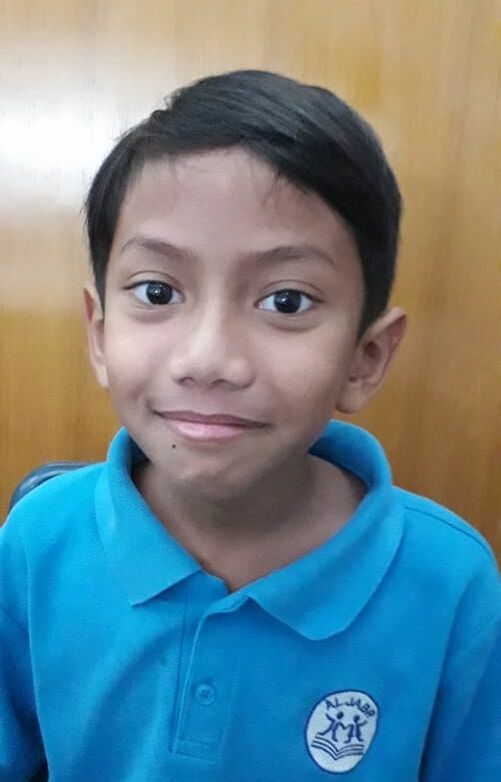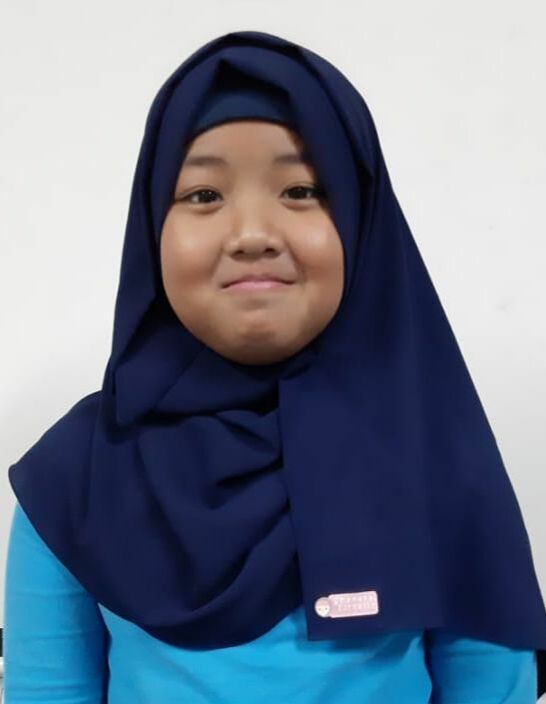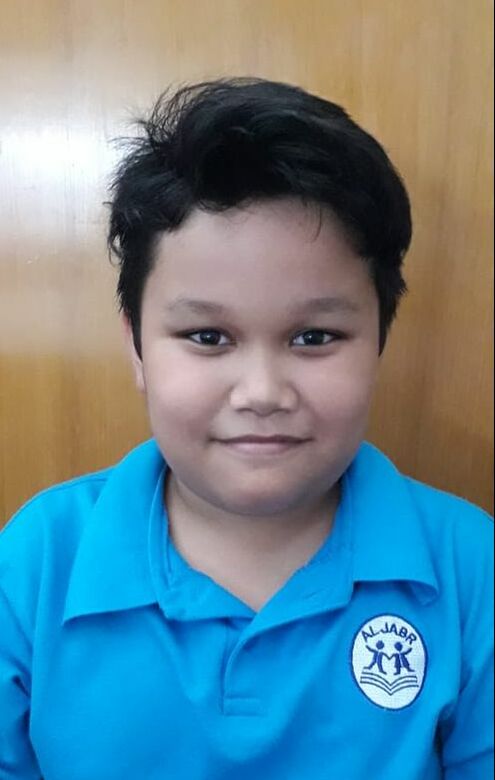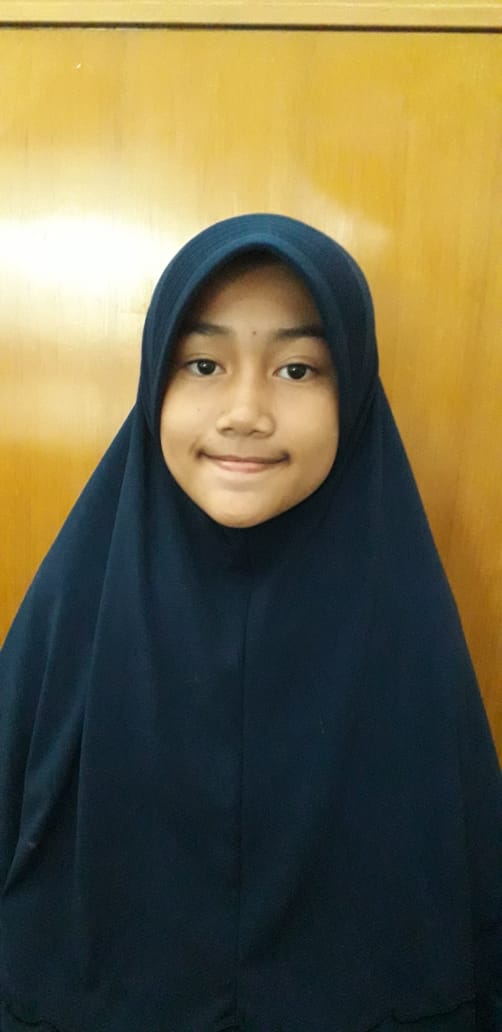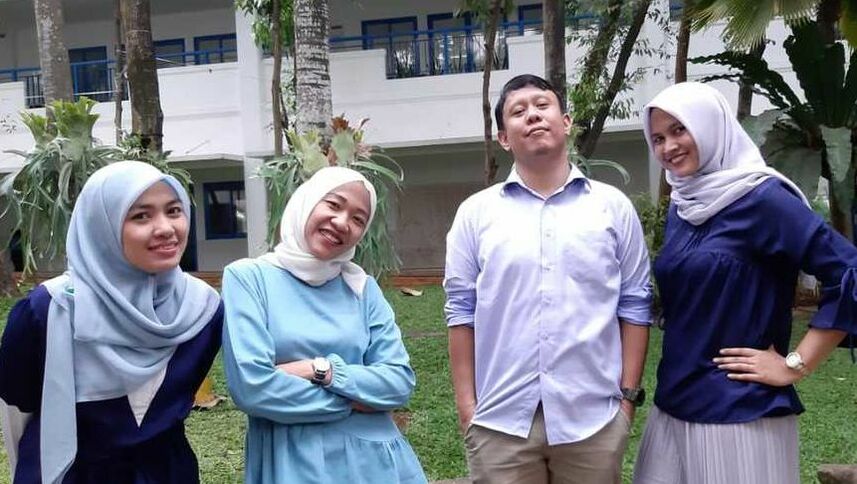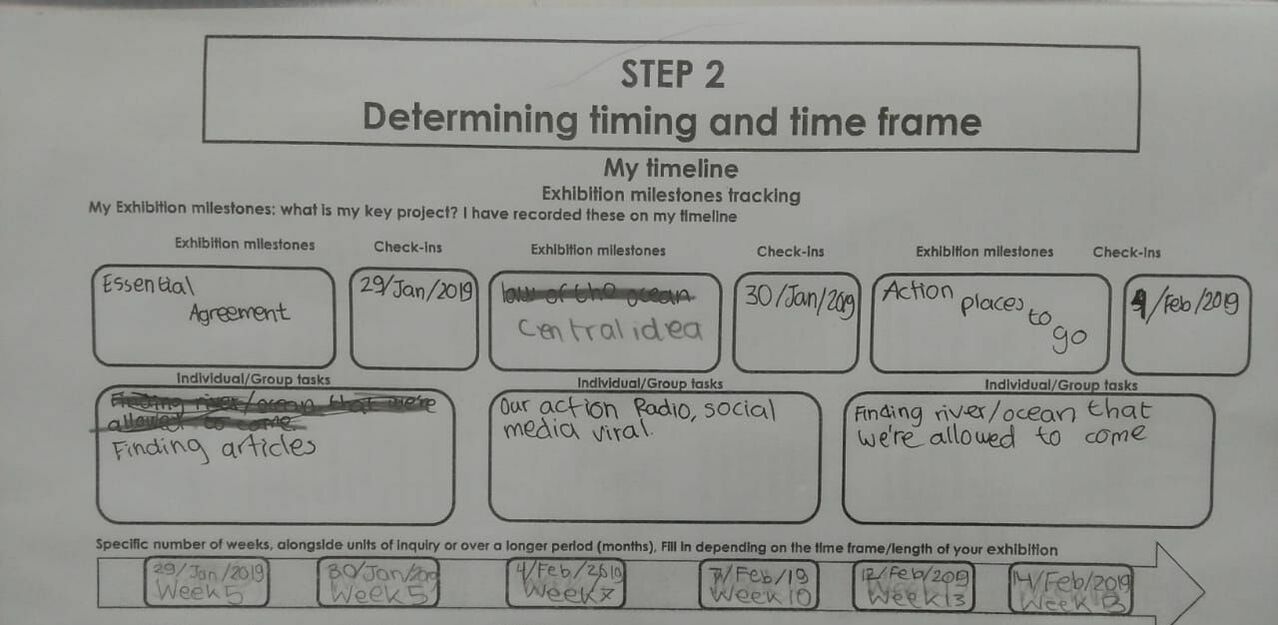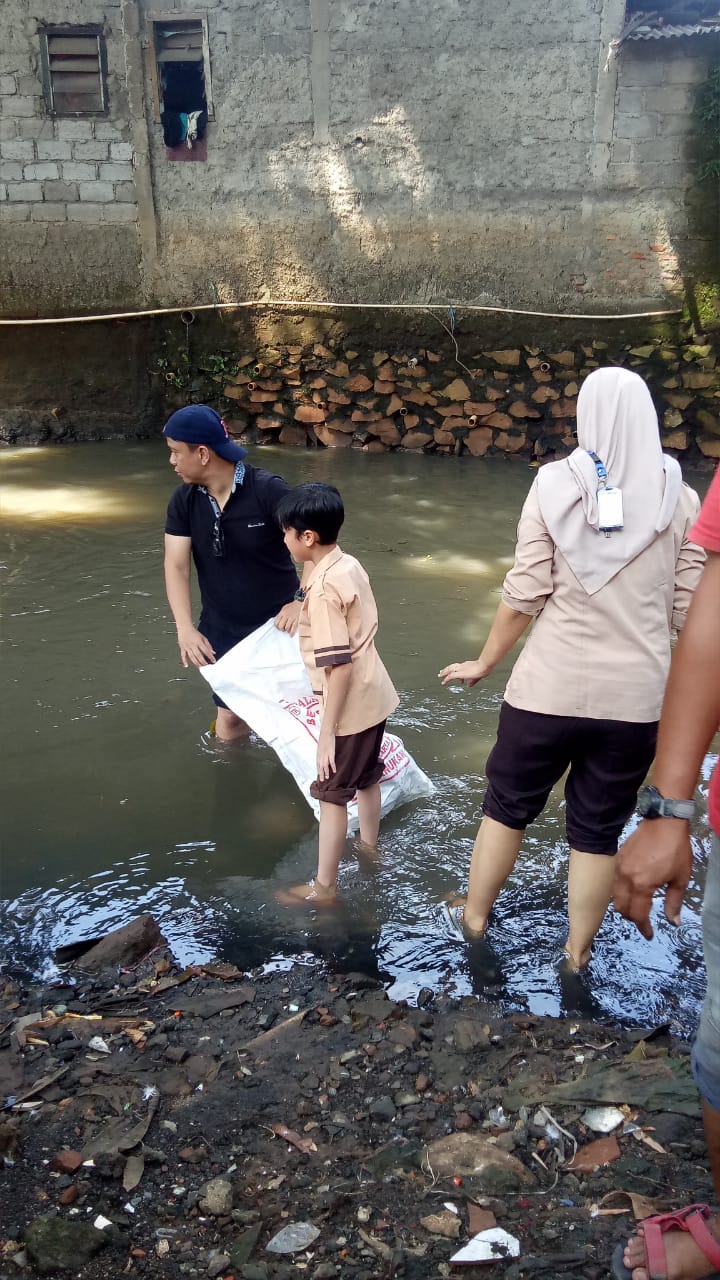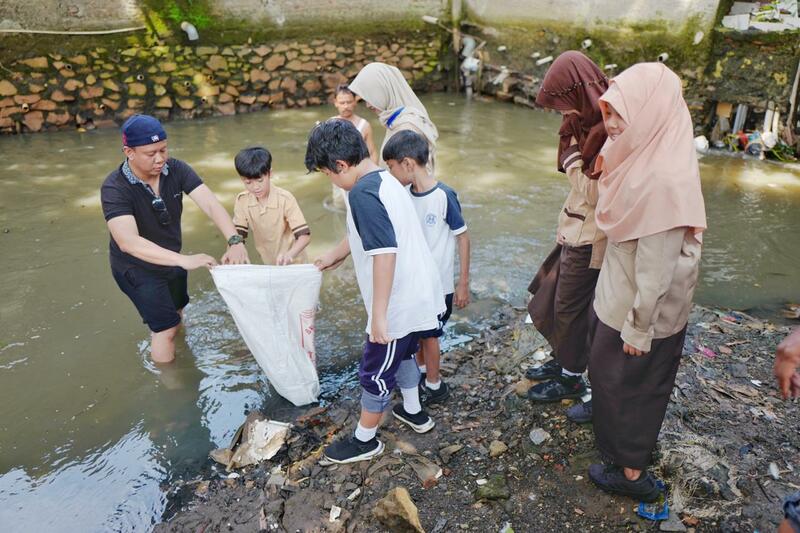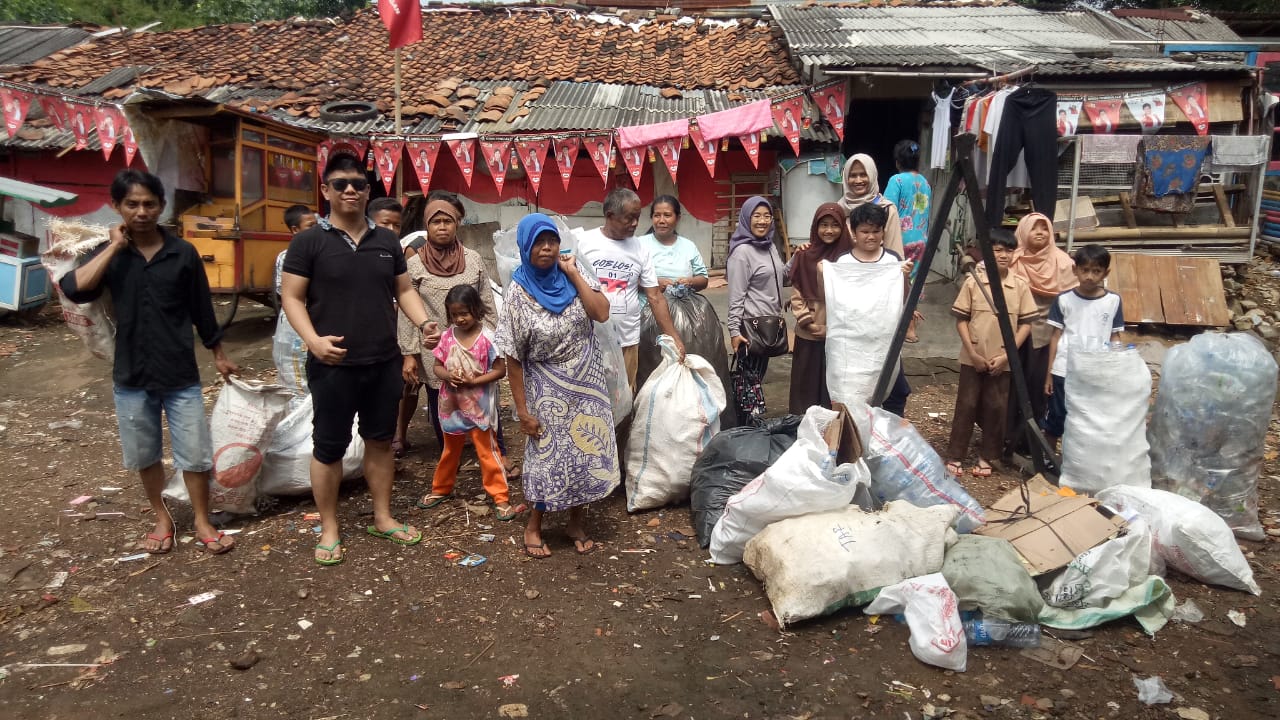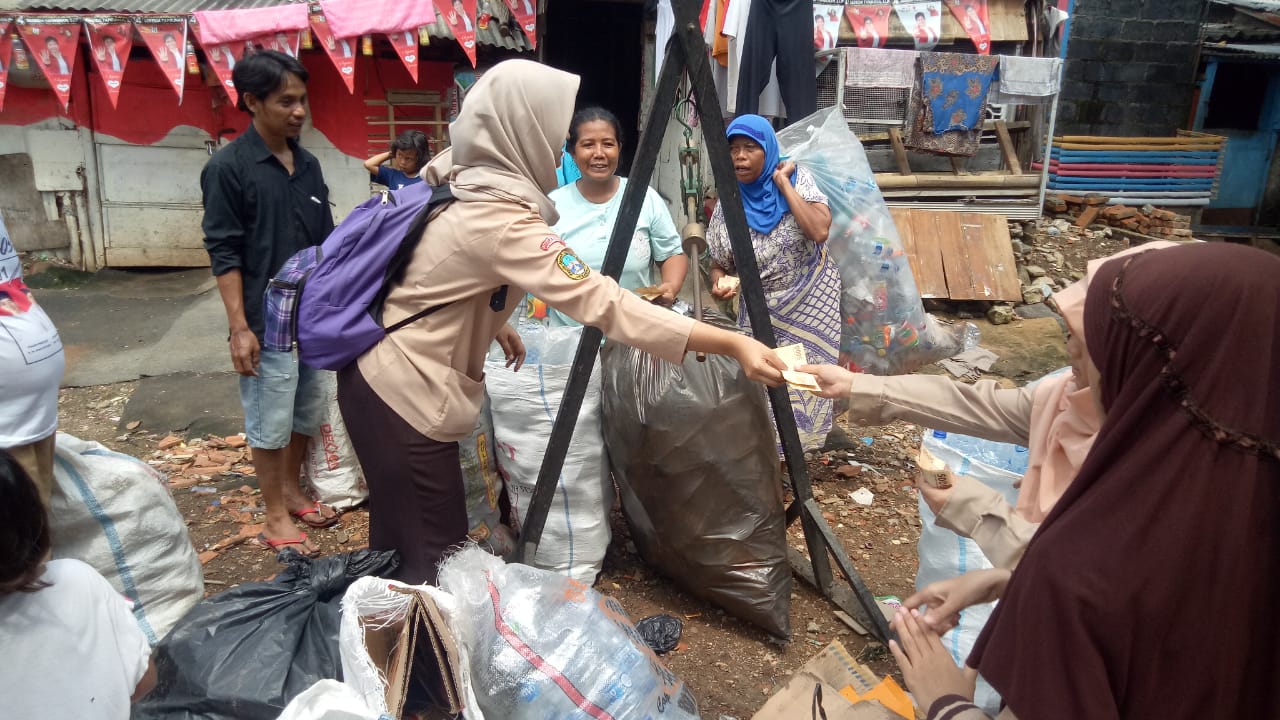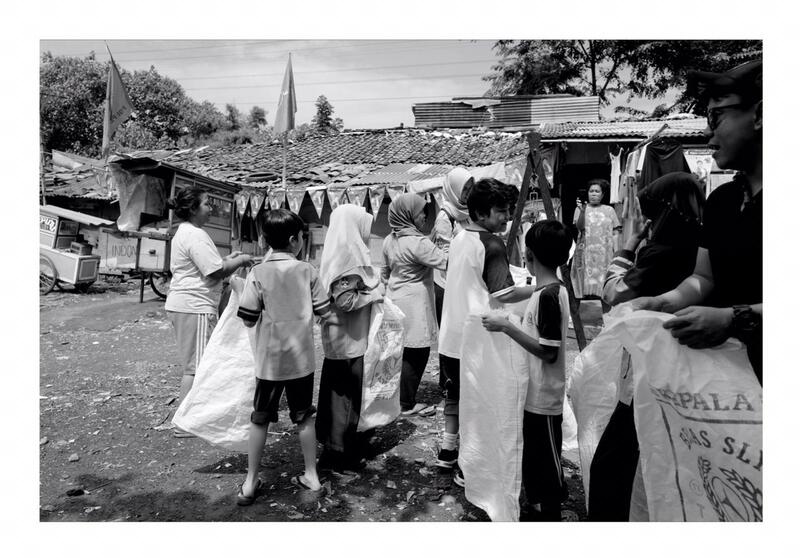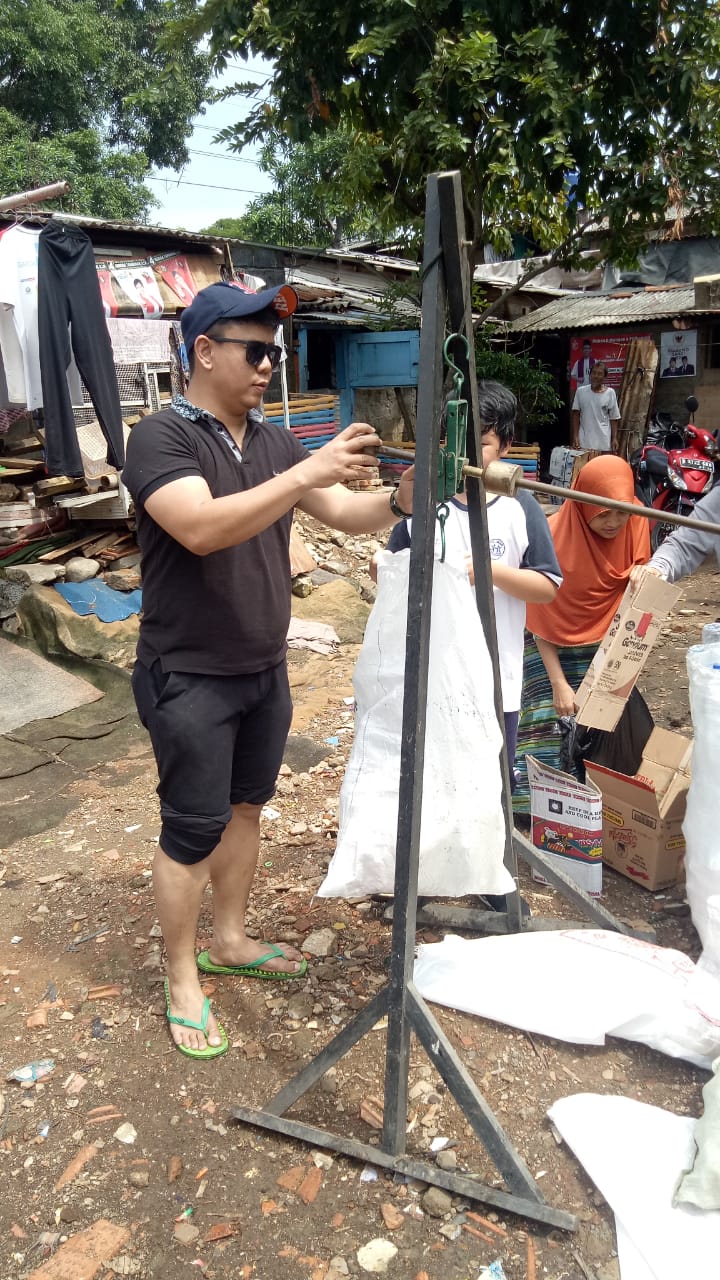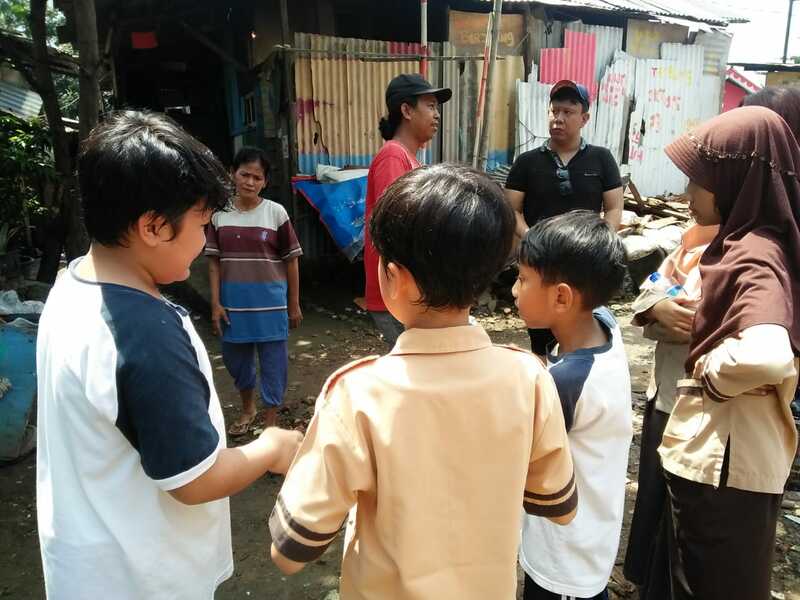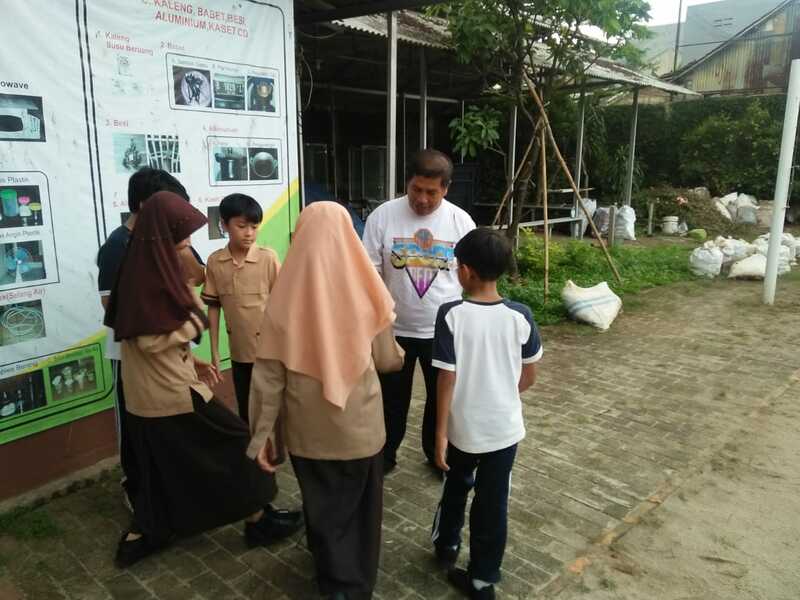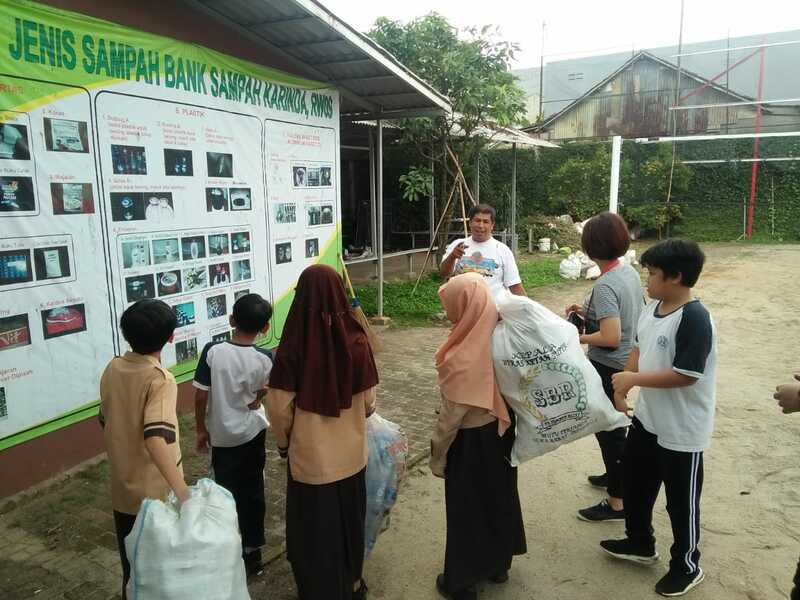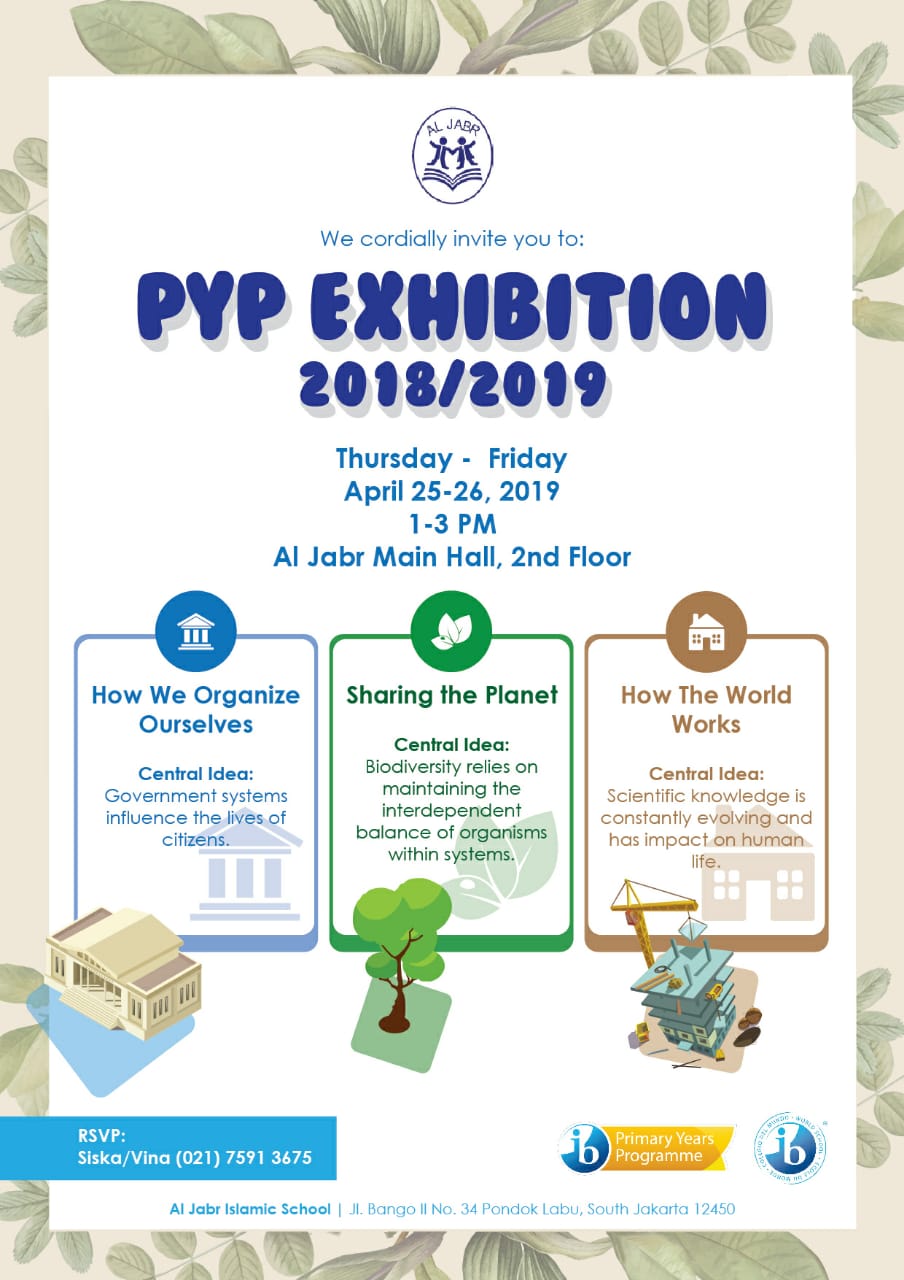Trans disciplinary theme
HOW WE ORGANIZE OURSELF
central idea
"Trash below water has impact to organism and their habitat"
lines of inquiry
|
Key Concepts:
Function: What is the function of the clean river?
Perspective: What is the people perspective of having dirty river?
Responsibility: What can we do to keep the river clean?
Function: What is the function of the clean river?
Perspective: What is the people perspective of having dirty river?
Responsibility: What can we do to keep the river clean?
students
mentors
Ms. Ulfah, Ms. Riani, Mr. Adi, Ms. Fanny
STEP 1
IDENTIFYING GLOBALLY SIGNIFICANT ISSUES
EXPLORING, WONDERING AND QUESTIONING
|
|
At the first week, we discussed with our mentor and parents about our topic. We decided to focus on river in Jakarta, especially around our school as our main issue.
|
STEP 2
DETERMINING TIMING AND TIME FRAME
MAKING CONNECTIONS BETWEEN PREVIOUS LEARNING AND CURRENT LEARNING
This is our timeline for this project.
STEP 3
ENGAGING SUPPORT FROM THE LEARNING COMMUNITY
COLLECTING DATA AND REPORTING FINDINGS/RESEARCHING AND SEEKING INFORMATION
|
Visited and interviewed people
who live near the river. (Duren Tiga, Pancoran, Mampang Prapatan) These are the reflection that we made after visited and interviewed Pak Mukhsin (Ketua RT) near Krukut River. (below)
|
Visited and interviewed Dinas Lingkungan Hidup, Kantor Walikota Jakarta Selatan.
These are the reflection that we made after visited and interviewed Dinas Lingkungan Hidup. (above)
|
STEP 4
ORGANIZING THE LEARNING
EXPERIMENTING AND PLAYING WITH POSSIBILITIES
SOLVING PROBLEMS IN A VARIETY OF WAYS
SOLVING PROBLEMS IN A VARIETY OF WAYS
We did an experiment to see the function of the Water Hyacinth (Eceng Gondok).
What question do we have : Does it can help to filter the water and reduce the smell of the river water?
How can we find the answer : We put the Water Hyacinth in a jar with water from river and then we close it to check if it can reduce the smell of the water. We opened the lid if we want to check the smell of the water.
Why did we do that : Because we want to know if the Water Hyacinth can help to filter the river water, reduce the smell in the river, and help the ecosystem around the river.
What question do we have : Does it can help to filter the water and reduce the smell of the river water?
How can we find the answer : We put the Water Hyacinth in a jar with water from river and then we close it to check if it can reduce the smell of the water. We opened the lid if we want to check the smell of the water.
Why did we do that : Because we want to know if the Water Hyacinth can help to filter the river water, reduce the smell in the river, and help the ecosystem around the river.
Another experiment that we did was making a filter tube to filter the river water. We did the experiment 3 times with different materials.
|
1st
|
2nd
|
3rd
| ||||||
STEP 5
MONITORING THE EXHIBITION
ESTABLISHING AND TESTING THEORIES
After we did those experiments, we decided to do the real action. We participated to clean the Krukut River in Duren Kalibata area. We educated the citizen around those place about how important the cleanliness is and also how to sort the trash based on its category.
STEP 6
SHARING THE EXHIBITION
TAKING AND DEFENDING A POSITION
| |||||||

